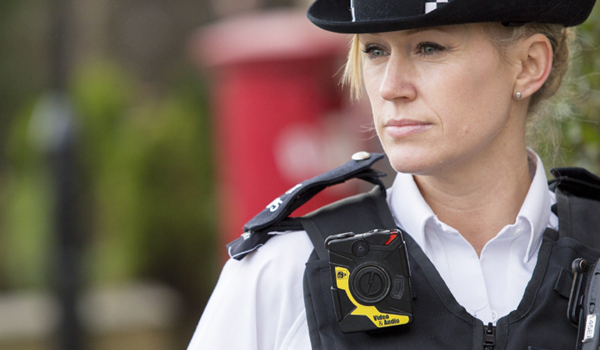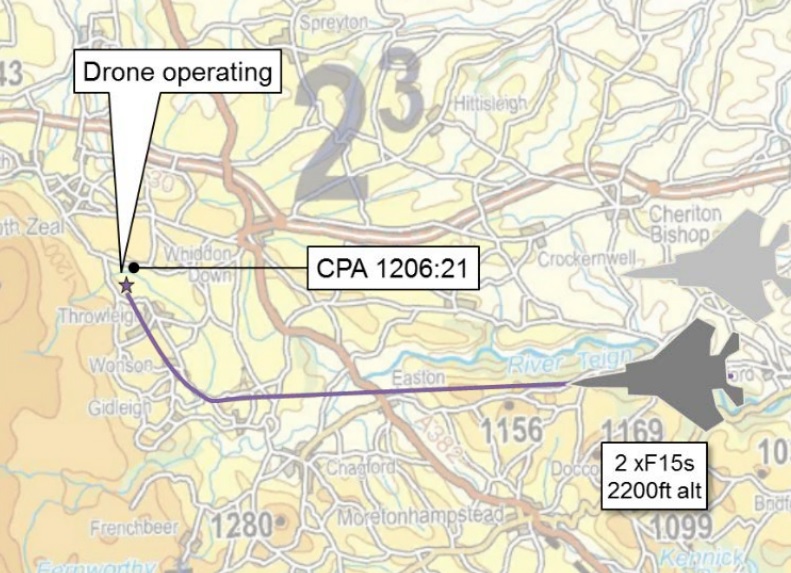Making the call to streamline audits
Jamie Wilson explains how to spend less time finding calls to audit and more time mentoring.
Jamie Wilson explains how to spend less time finding calls to audit and more time mentoring.
Think about how much of your time is spent searching and selecting the calls you need to audit. Then how long it takes to enter these results in to a spreadsheet and then transfer that data in to another report only to be told you are not meeting your monthly targets. Sound familiar? And this does not even include the time you need to allocate to mentoring.
We all know that ongoing quality monitoring of call takers and dispatchers is essential to ensuring the highest possible quality standards, but the reality is, for many emergency communications centres, staying on top of the process is a near impossible task. In fact, in recent conversations I had with two such centres, both routinely fell 50 per cent short of their audit targets, which were as high as 450 calls per month.
The quality monitoring process is inherently time-consuming. A big part of it involves finding the calls you want to audit in the first place. This can be very subjective, and even vary across different agencies or over time as new compliance requirements emerge, or situations arise that dictate a need for closer scrutiny and training.
For example, let us say an agency receives a complaint about a domestic violence call that was not handled correctly. In addition to reviewing that specific call, the agency might decide to proactively review all such calls for a period of time going forward to ensure that proper protocols are being followed.
Today, zeroing in on domestic violence calls, and other types of calls you might want to audit, is an entirely manual process so much so that ironically, it can leave little time on the back end for mentoring, the vital part of the process that drives improvement. This can be especially untenable for larger agencies that handle many thousands or tens of thousands of calls weekly. Finding specific types of calls can be like searching for the proverbial needle in the haystack.
So what options do agencies have?
The first option really is not one. They can make no change at all and continue to fall short of their set targets. However, this is not really just about the numbers. It is about proactively identifying potential shortcomings (whether human or process-based) as early as possible, to try and prevent future tragic incidents such as that which occurred in Scotland earlier this year.
Another option is to increase headcount in the quality monitoring (audit) team. But in an era of savage cost-cutting (especially to non-frontline operations) getting sign-off for additional manpower is unlikely.
The final option which in my personal opinion is the smartest is to let technology do some of the work for you.
How?
Today, auditing specific types of calls requires a two-part process. First, you have to manually find the call records for specific codes (eg, domestic violence) in the CAD (computer aided dispatch) system. They you use the time and date for each of those calls to manually try to find those recorded calls in a separate system.
Through the power of CAD/recording system integration, that process can be significantly streamlined, by just adding an integration layer onto technology you already have. With the systems integrated, you simply input the code for the type of call you want to evaluate (robbery calls for example) and immediately find all of the calls you are looking for. You can even refine your search by specific call dates/times and durations. This cuts the previous multi-step manual search process down to seconds.
It logically follows that the time saved is time that managers can now devote to doing more audits, identifying knowledge gaps, mentoring and making improvements which is beneficial to everyone.





